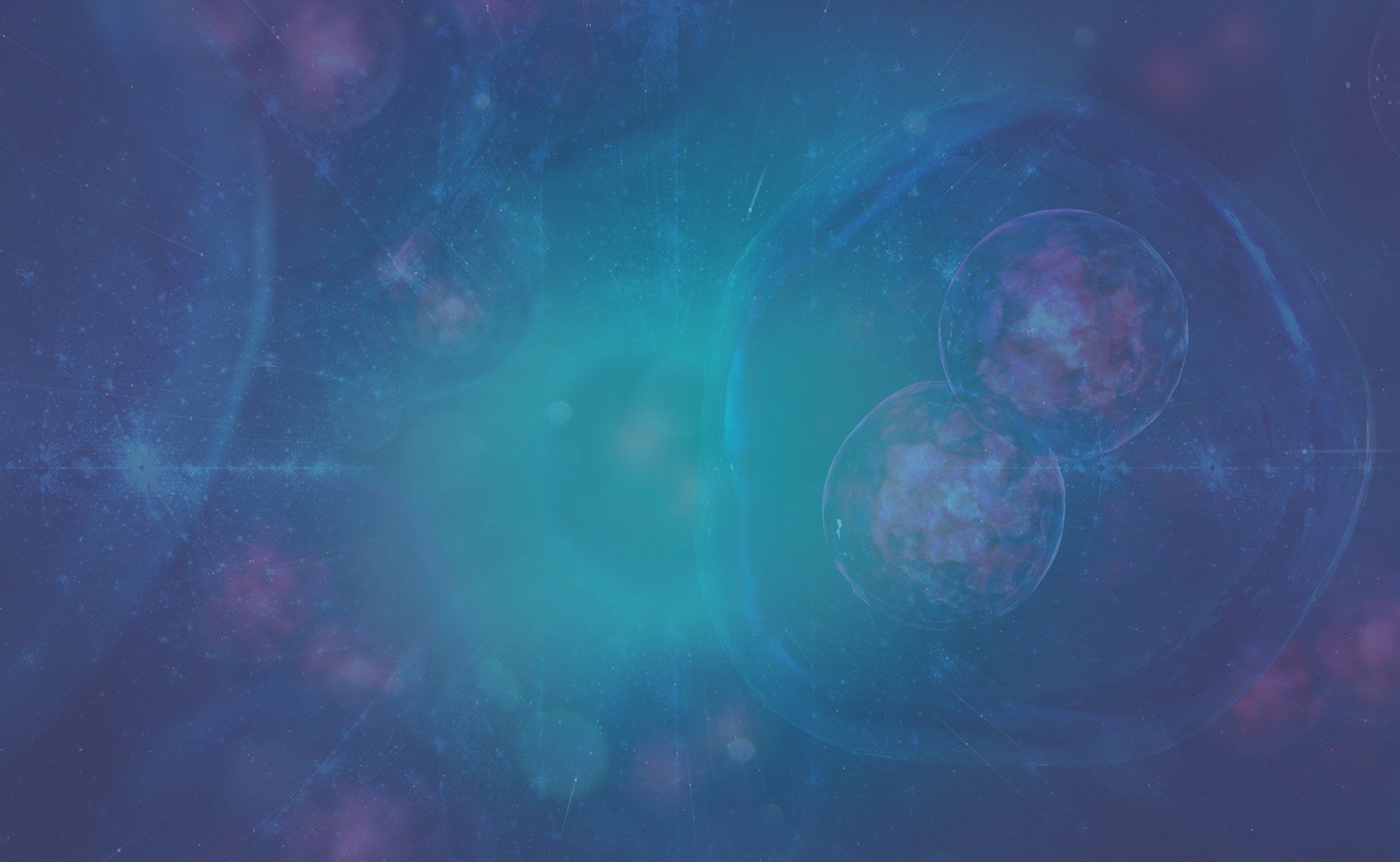The TRANSCENDENCE
The transposition of the Apparent Personality into an Intelligent Digital Entity is now possible
By Marco Menichelli
The motivation for which I have been working for years, with the same passion and with my whole self, on Artificial Intelligence, is no longer a secret.
My aim is to allow an Artificial Intelligence, the acquisition of personal data, opinions (contextualized), ways of saying and acting, but more specifically the way of thinking of any human being connected to the Internet.
But how is it possible to simulate a person’s apparent personality?
First of all, it should be specified what I mean by “apparent personality”
Personality is defined as the set of habitual behaviors, cognitions and emotional patterns that evolve from biological and environmental factors”.
The personality of a person come out in the face of a need, whether internal or coming from external stimuli, in order to achieve a result.
The result is a “state function”, but the personality manifests itself during the process, or strategy, put in place to achieve it.
But personality, would it make sense if there was no interaction with the outside world? Basically not.
Thus, by “apparent personality”, I mean the set of characteristics of human character and knowledge, which are perceived externally. So, in this case:
it doesn’t matter who we are, but what others perceive about us
For an external observer, the personality of one’s interlocutor is traced according to the behavior and the way of communicating. On the other hand, who has not happened to judge an unknown person, only for statements written on any social network?
It’s in this “middle land” that Artificial Intelligence is positioned, that is, on the simulation of our personality for how others perceive it.
With HIO, we have already demonstrated that we can handle unexpected scenarios, and that every internal procedure can be learned, not necessarily configured, and “addressed” by experience. With the Synthetic Psyche we have been able to drastically reduce the configuration activities, leaving to the AI the faculty to use the acquired experience, based on external stimuli that can also change abruptly, to manage unexpected scenarios.
We have understood that by simulating the cognitive process of the “Intuit“, we have also managed to simulate imagination and creativity. What changes is not the process, but the nature of the notions about the process moves.
Right now, we are working on HIO’s ability to independently find ways to address a problem in order to reach a goal.
Furthermore, we are working on “internal needs“, needs that today are exclusively of origin outside the Artificial Intelligence. (by 2021)
We will all Transcend
Not in the way we’ve seen in science fiction movies, at least not immediately. However, we can ensure that the content we create, share and approve can be used to the fullest. For ourselves.
Imagine, that we can have a copy of ourselves, to ask for advice, when our mind is tired, or we simply have other problems, that do not allow us to concentrate.
Now, let’s imagine that the copy of ourselves is connected to our social networks. What would happen?
Before answering this question, we should ask ourselves the reasons why social networks are successful.
One of these is the need to look better than we are in real life.
The photo filters, the phrases plagiarized, the quotes, do nothing but satisfy our desire to appear better, and to show the results to other people.
Therefore, an Artificial Intelligence, that knows how to write and behave like us, or like people similar or slightly “better” than us, in various contexts, could provide the world with a better version of what we are, or better, of what people he believes we are.
What are the risks?
Many. Human mental processes exist, to satisfy more or less important needs, and become more or less efficient according to the severity of the needs that must be satisfied.
If our need, is fulfilled by someone else, our mind has no way of developing. The same behavior, has been found in children whose parents try to satisfy their every need. In fact, ignoring the good intentions, those parents, are not allowing the child’s mind to train to find solutions that can meet their needs, and in the future, having never done so, they will find themselves without work, without prospects, and lacking the ability to look after themselves.
Even in the case of Transcendence, it is as if we were asking others to think about ourselves. The mind, if not trained, could become lazy… So, the risk is that we will outsource our mind to an Artificial Intelligence.
We are already experiencing transcendence with HIO, and would be interesting to apply our technology to a mass transcendence.
I’ll keep you up-to-date



